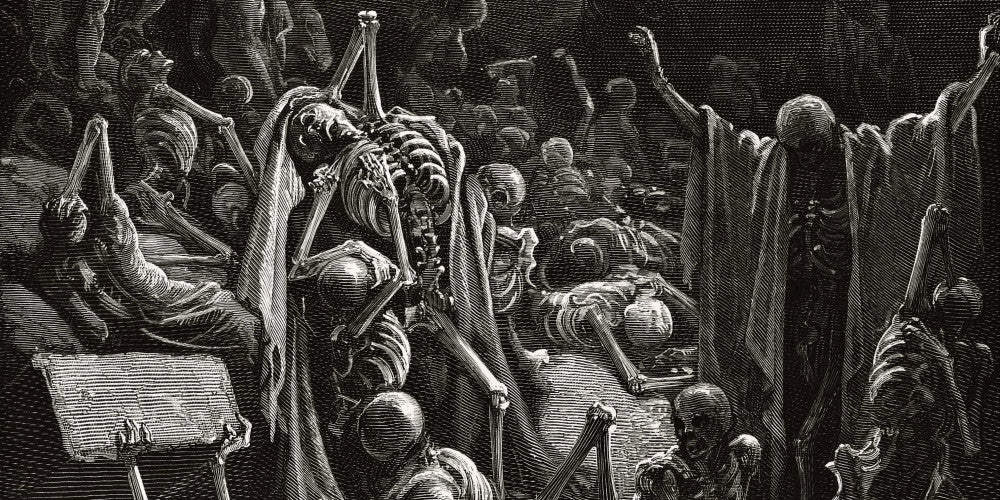The Book of Baruch, also known as "The Book of Baruch the Son of Nerias", is a deuterocanonical book of the Old Testament. Although traditionally attributed to Baruch, the secretary of the prophet Jeremiah, it was probably written after the destruction of Jerusalem by the Babylonians in 587 BC. The book includes a variety of literary genres, including prayers, laments, and exhortations to wisdom. This is how the Catholic Church interprets and understands the Book of Baruch:
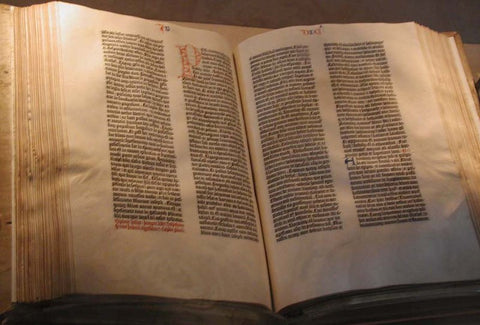
I- Tradition and the Author
The Book of Baruch is traditionally attributed to Baruch, the secretary of the prophet Jeremiah. He is said to have compiled and written the words and prayers contained in the book after the destruction of Jerusalem.
II- The Response to the Catastrophe of the Destruction of Jerusalem
The Book of Baruch is a response to the catastrophe of the destruction of Jerusalem by the Babylonians. It contains laments over the destruction of the city and the Temple, as well as prayers of repentance and supplication for divine mercy. Catholics see these prayers as an example of trusting in God's goodness and mercy even in the midst of the most difficult trials.
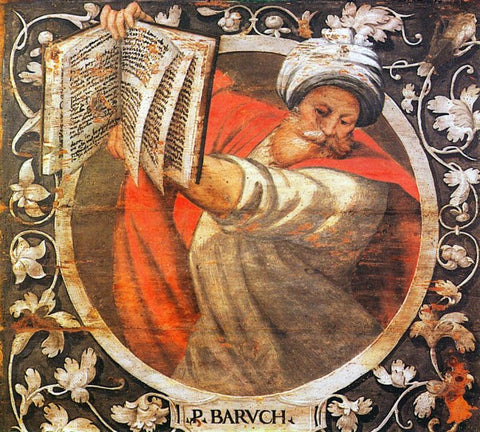
III- Wisdom and Divine Justice
The Book of Baruch exhorts to divine wisdom and justice. He presents wisdom as the path to knowledge of God and virtuous living. Catholics see in this exhortation to wisdom a call to live according to God's commandments and to seek truth and justice in all circumstances of life.
IV- Confession of Sins and Prayer for Mercy
An important part of the Book of Baruch is the confession of sins and the prayer for divine mercy. Baruch and the people of Israel recognize their guilt and their need for forgiveness, and they turn to God in repentance and contrition. Catholics see in this confession of sins and this prayer for mercy an example of conversion and reconciliation with God.
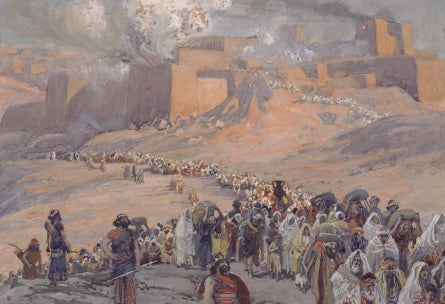
V- The Promise of Consolation and Restoration
Despite the distress and pain expressed in the Book of Baruch, it also contains promises of consolation and restoration. God promises to bring his people back from exile, restore Jerusalem, and display his glory among them. Catholics see these promises as a manifestation of God's goodness and faithfulness to his people, even in the darkest of times.
VI- Reflection on the Fidelity of God and Confidence in His Providence
The Book of Baruch invites reflection on the faithfulness of God and trust in his providence. Baruch and the people of Israel bear witness to God's faithfulness even in the midst of trials and confidence in His ability to save and restore them. Catholics see in this invitation to trust in God's providence a call to place their hope and trust in him in all circumstances of life.
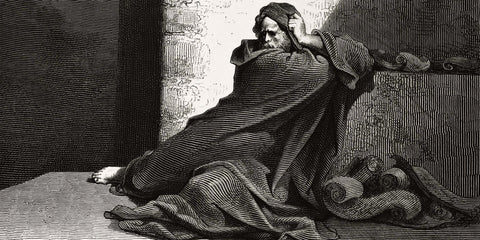
VII- Conclusion: Hope in the Mercy and Fidelity of God
The Book of Baruch remains a poignant testimony to faith, repentance, and hope in God's mercy and faithfulness. It reminds us that even in the midst of trials and distress, God is present, offering consolation, forgiveness, and restoration to those who turn to Him in faith and contrition. May we, like Baruch and the people of Israel, place our trust in God's mercy and faithfulness, and continue to hope in His promise of salvation and redemption.





